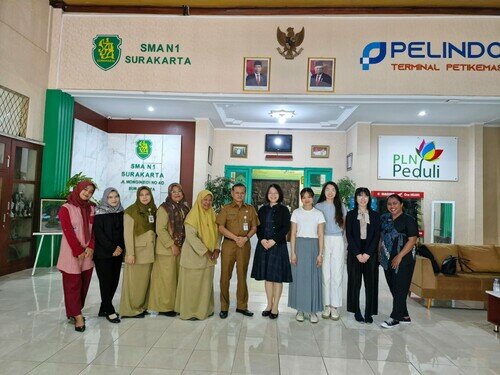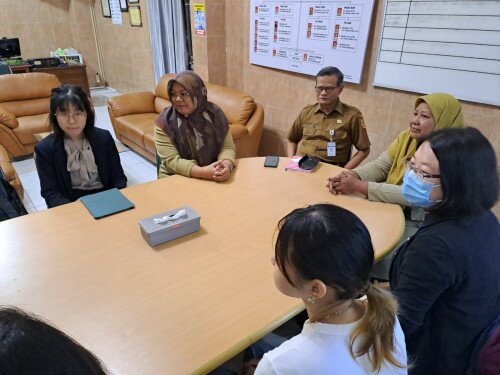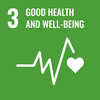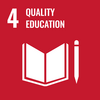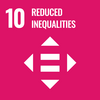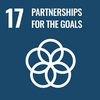
Department of English Language Education is dedicated to promote the United Nations Sustainable Development Goals (SDGs) nurturing globally-minded graduates and enhancing digital and intercultural literacies, while promoting Good Health and Well-Being, Quality Education, Reduced Inequalities and Partnerships for the Goals.
ELE's recent study trip to Indonesia (Global Empowerment Project: English for All in Indonesia) is closely aligned with several Sustainable Development Goals (SDGs). We aimed at fostering a deeper understanding of English education in a diverse cultural context. This initiative not only provided students with firsthand experiences of local educational practices but also allowed them to engage with Indonesian teachers and students, enhancing their appreciation for global learning environments.
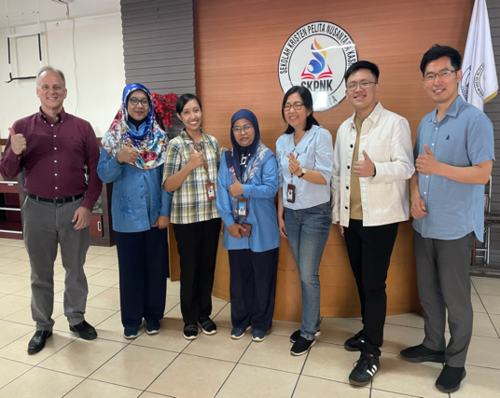

1. Quality Education (SDG 4)
This initiative provided over 2,000 Indonesian students with access to digital storybooks, a resource that is often scarce in under-resourced regions. By integrating these engaging materials into the curriculum, this project not only enhanced students' English language skills but also promoted a love for reading and learning. The digital format allowed for interactive and self-paced learning, where students could revisit stories and activities, catering to various learning styles. Additionally, the training provided to local teachers on how to effectively utilize e-books in their lesson plans modeled best practices in teaching, ensuring that the benefits of this project will extend beyond the initial engagement period.
By introducing digital storybooks and technology into classrooms, this project enhanced the educational infrastructure in local schools. The integration of technology into the classroom fosters digital literacy among students, preparing them for a world where digital skills are increasingly important. Furthermore, the shift towards innovative teaching practices promotes a culture of continuous improvement and adaptability within the local educational system, ensuring that education remains relevant and responsive to the evolving needs of the community.




2. Reduced Inequalities (SDG 10)
The project addressed educational inequalities by targeting students in underserved areas who previously lacked access to quality English language resources. By donating e-storybooks and related materials, the initiative filled a critical gap, enabling students to engage with English learning outside of the classroom environment. This is particularly vital in regions where formal English instruction may not be available due to resource limitations or teacher shortages. The initiative not only provided immediate educational benefits but also aimed to foster long-term language acquisition and proficiency among students who would otherwise remain at a disadvantage.

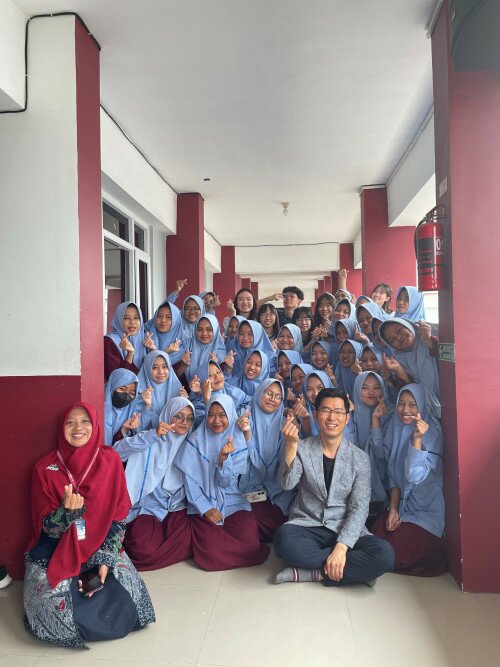
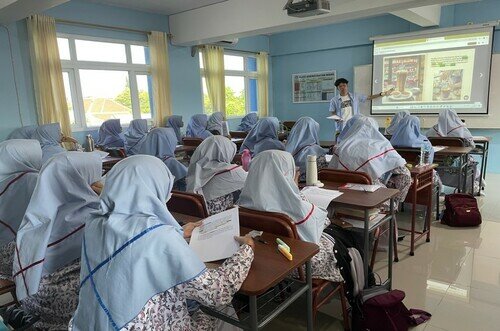
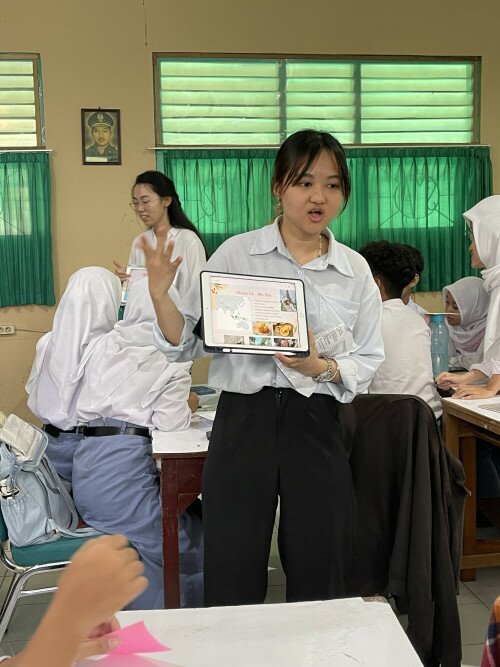
3. Partnerships for the Goals (SDG 17)
The collaboration between EdUHK and Indonesian educational institutions exemplified the power of partnerships in achieving educational goals. The exchange of knowledge and resources has strengthened the relationship between The Education University of Hong Kong and Sebelas Maret University, paving the way for future collaborative projects. This partnership model promotes ongoing dialogue, cultural exchange, and mutual learning which are essential for addressing shared educational challenges. Furthermore, the initiative encouraged joint professional development opportunities, enhancing the skills of both local and visiting educators.
